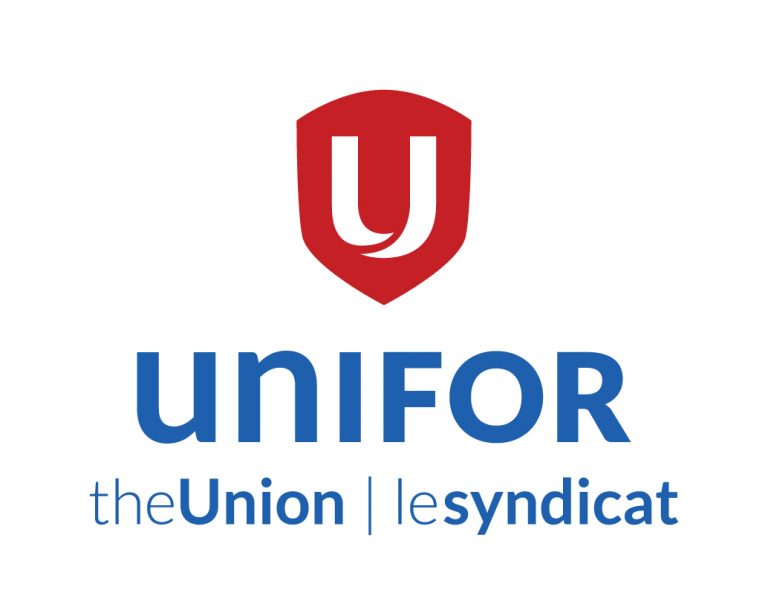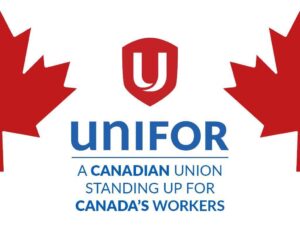
Standing against human trafficking
Every year, Human Trafficking Awareness Day, observed annually on February 22, serves as a solemn reminder of the ongoing fight against one of the most egregious violations of human rights—modern-day slavery. Together, we must take action to eradicate human trafficking in all its forms.
Human trafficking is a serious issue in Canada that devastates lives, taking the form of sexual exploitation, labour trafficking, and domestic servitude. As a union committed to defending the rights and freedoms of all working people, Unifor remains steadfast in our fight to protect workers and families from exploitation, coercion, and abuse.
A gendered crime with devastating impact
Human trafficking is a deeply gendered crime, with women and girls making up 94% of reported victims in Canada between 2012 and 2022, according to Statistics Canada. Yet, trafficking remains largely invisible, operating in secrecy while victims are forced into gruelling conditions with little to no pay, no rights, and no way out.
Many victims remain isolated and hidden from public view. Fear, language barriers, lack of trust in law enforcement, immigration status, and economic vulnerability prevent many from seeking the help they need. Too often, it is marginalized individuals including vulnerable youth, migrant workers, and those facing economic hardship, who become the primary targets of traffickers.
The role of transport and supply chains
Human trafficking is deeply connected to global supply chains and the transport sector. Workers in trucking, rail, shipping, and marine shipping often find themselves coerced into facilitating trafficking operations under threats to their employment or personal safety. This coercion undermines their rights and perpetuates the cycle of exploitation. The International Transport Workers’ Federation (ITF) has extensively documented how supply chains can facilitate human trafficking and labour exploitation.
Unifor calls on the government to take decisive action by funding the enforcement of due diligence laws—ensuring that companies take responsibility for preventing exploitation at every level of their operations—through increased inspections and robust victim support services. By investing in enforcement and ensuring union representation, we can create safer workplaces and dismantle trafficking networks.
Here are ways that Unifor activists can do to stop human trafficking and support survivors:
- Advocate for systemic change: Urge policymakers to allocate funds for the enforcement of due diligence laws, ensuring that employers are held accountable for preventing human trafficking within their operations.
- Educate yourself and raise awareness: Learn about the signs of human trafficking and how it manifests in different forms. Understanding can help you recognize and respond to human trafficking.
- Get help: If you think you might be a victim of human trafficking or think someone else may be, contact the Canadian Human Trafficking Hotline at 1-833-900-1010 or hotline@ccteht.ca. The hotline is available 24/7/365 with support available in more than 200 languages. The hotline can connect callers to local service providers and/or emergency services in communities across the country.
Human trafficking has no place in our communities or workplaces. Through education, advocacy, and collective action, we can expose traffickers, protect workers, and build a future where exploitation is never tolerated.
Unifor Social Justice Fund in action
Unifor is proud to support national and international efforts to support victims of human trafficking through our Social Justice Fund. Together, through this important fund, we’ve supported organizations such as Covenant House Toronto, Canada’s largest agency dedicated to serving youth who are homeless, trafficked or at risk and Horizons of Friendship, which supports survivors of trafficking and violence in Guatemala.
Learn more about Unifor’s social justice fund here: www.unifor.org/resources/social-justice-fund.



